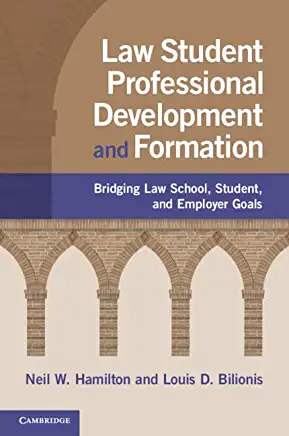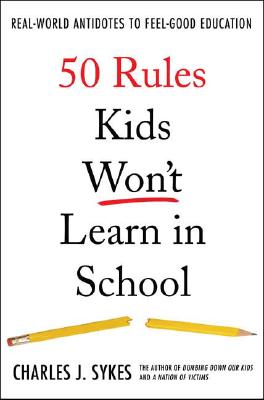
Hamilton, Neil W.
product information
description
3Law schools currently do an excellent job of helping students to 'think like a lawyer, ' but empirical data show that clients, legal employers, and the legal system need students to develop a wider range of competencies. This book helps legal educators to understand these competencies and provides practical ways to build them into a law school curriculum. Based on recommendations from the American Bar Association, the American Association of Law Schools, and the Carnegie Foundation for the Advancement of Teaching, it will equip students with the skills they need not only to think but to act and feel like a lawyer. With this proposed model, students will internalize the need for professional development toward excellence, their responsibility to others, a client-centered approach to problem solving, and strong well-being practices. These four goals constitute a lawyer's professional identity, and this book empowers legal educators to foster each student's development of a professional identity that leads to a gratifying career that serves society well. This title is Open Access
member goods
No member items were found under this heading.
Return Policy
All sales are final
Shipping
No special shipping considerations available.
Shipping fees determined at checkout.







